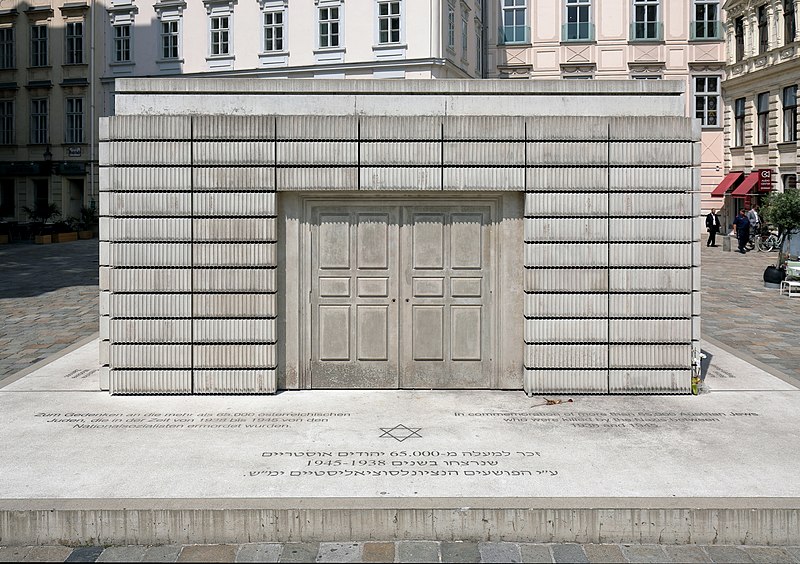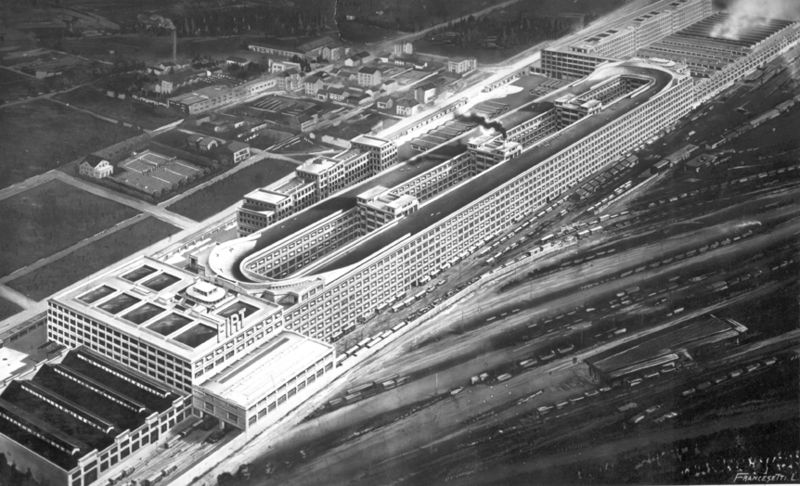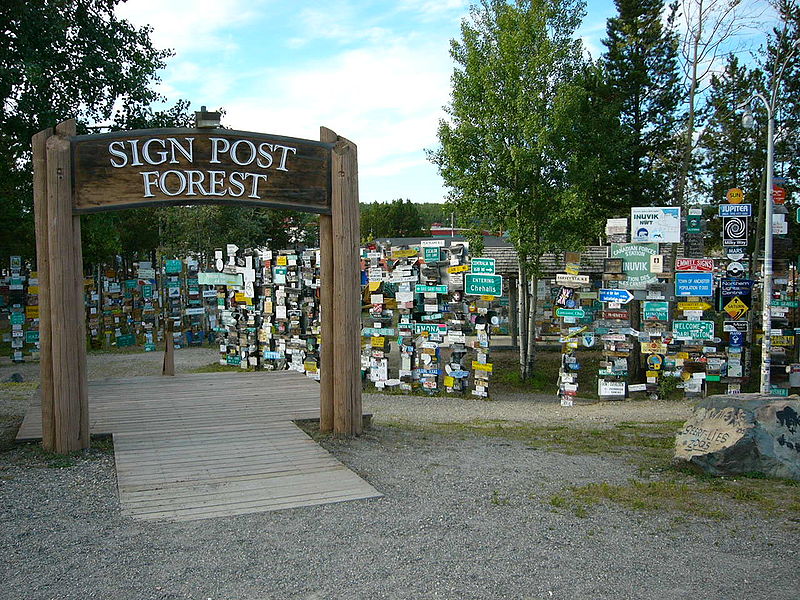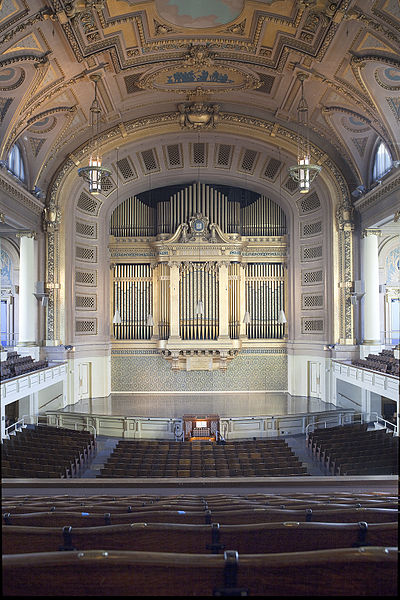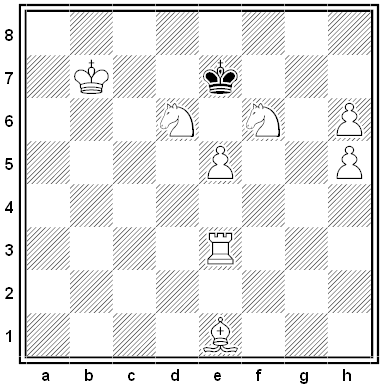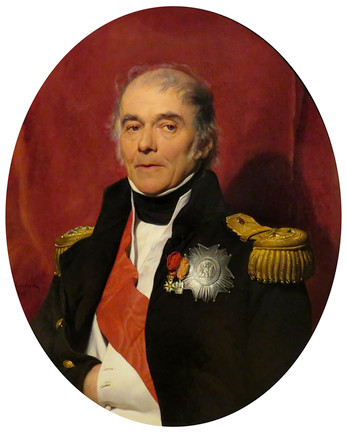
Henri Gatien Bertrand, Napoleon’s companion during his exile on Saint Helena, kept an impenetrable diary. The entry for January 20, 1821, reads:
N. so. le mat. en cal: il. déj. bi. se. trv. un peu fat; le so. il est f.g.
It’s not code, just extremely abbreviated French. Interpreter Paul Fleuriot de Langle referred to his work as “translating from French into French — the singular sport and strange pastime.” He rendered the passage above as:
Napoléon sort le matin en calèche. Il déjeune bien, se trouve un peu fatigué; le soir, il est fort gai
Or “Napoleon goes out in the morning in a carriage. He lunches well, finds himself a little tired; in the evening, he is very gay.” Not very incriminating — perhaps Bertrand was just trying to save paper.
(From David Kahn’s The Codebreakers, 1967.)

